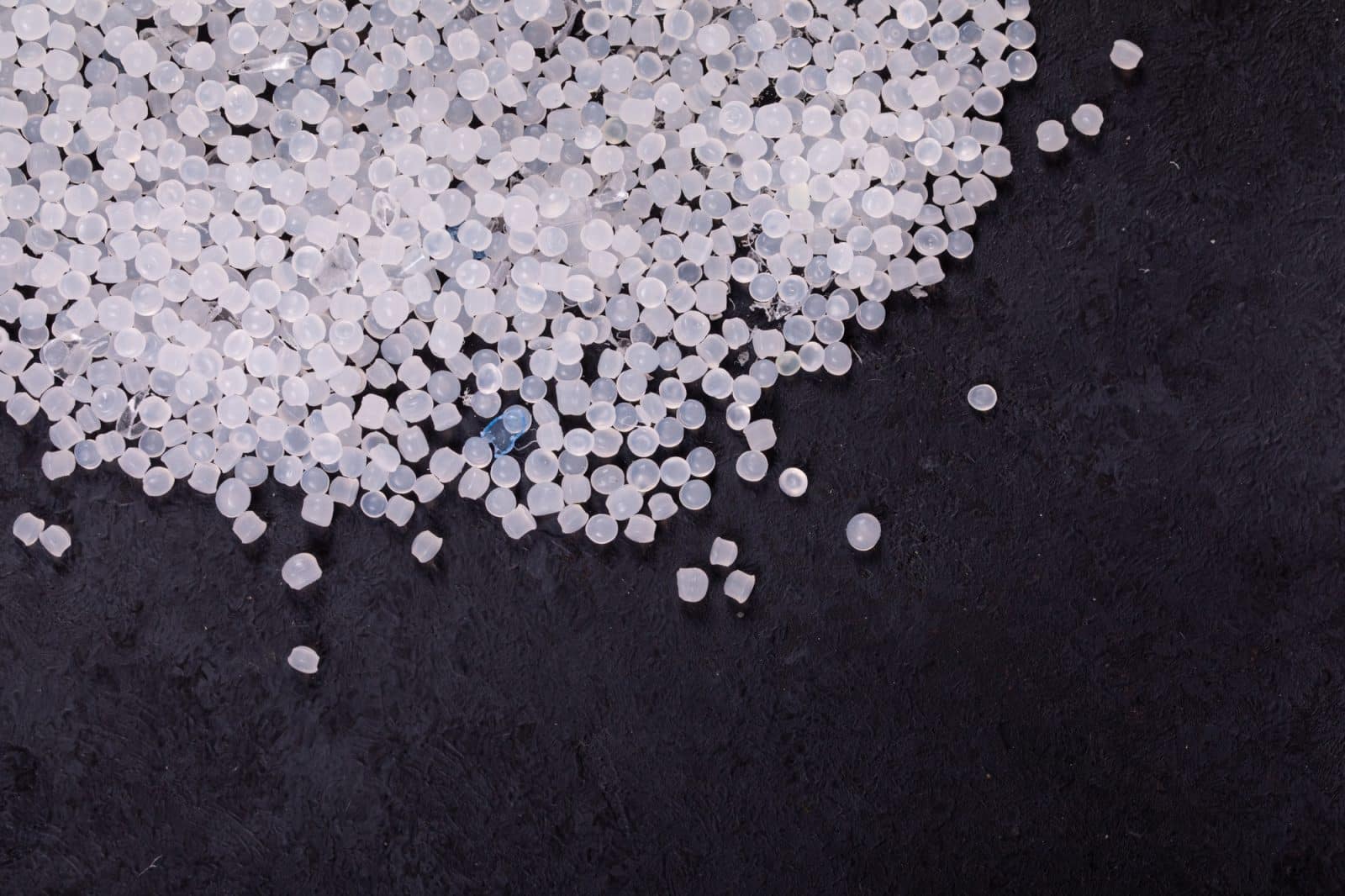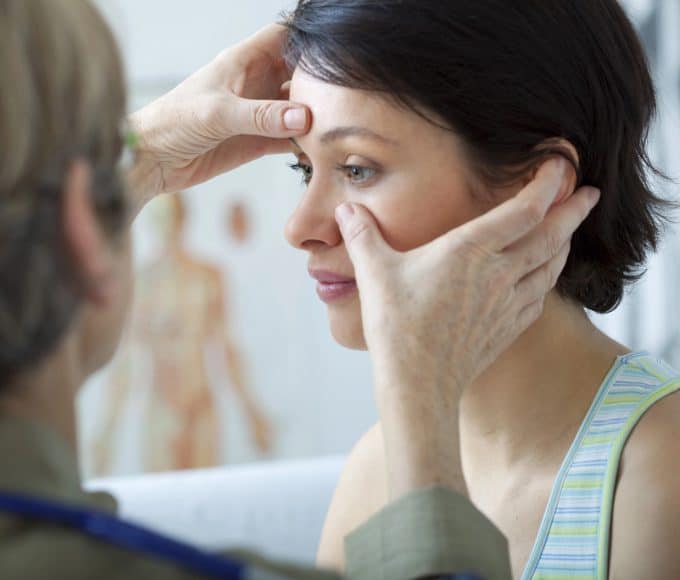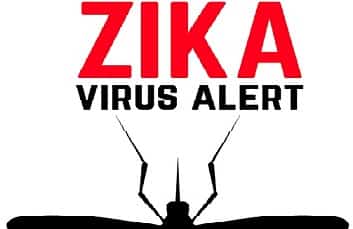We often make the mistake of thinking that cleaning products are safe because they are advertised to us as something that kills the germs that are trying to make us sick. In fact, many of the chemicals we use, though they are eradicating traces of bacteria, are actually overdoing the job. These powerful substances may be doing damage to our environment without us even realizing it. Knowing the common household products that are bad for the environment may direct you toward more eco-friendly products.
Video Overview
Microbeads
Many products, such as face washes, face and body scrubs, and toothpaste, contain microbeads. These tiny spheres are a selling point in commercials for the fact that they scrub harder. The problem is that they are minuscule pieces of plastic that you’re swallowing, plus they are passing through filtration systems. They pose a great risk to marine life as they make their way into our natural waterways.
Wet Wipes
Most people don’t know that wet wipes contain plastics that will never dissolve. There has been a 400 percent rise in wet wipes being found on beaches. They do immense harm to marine life and should not be flushed whenever possible. Even flushable wipes fail to break down the way toilet paper does.
Single-Use Plastics
Plasticware, drinking bottles, food wrapping plastic, and bags are all considered single-use plastics. Every year, over 12 million tons of plastic that don’t get burned end up in the ocean. Avoiding using these products whenever possible is a step toward saving the environment.
Antibacterial Gels and Soaps
We use these antibacterial products to kill 99.9 percent of germs, as it tells us on the packaging. However, the use of these types of products causes a rise in antibiotic-resistant “superbugs,” and they can interfere with the development of children’s immune systems. Studies show that exposure to some germs makes us stronger. An overly sanitized environment should be avoided to let some organisms thrive.
Aerosol Canned Products
Aerosols used to contain CFCs (chlorofluorocarbons) that, when emitted, were found to be destroying the ozone layer. They have since been banned. However, many current aerosols still give off greenhouse gases such as nitrous oxide hydrocarbons. The cans can only be recycled if the lid is removed and the cans are completely empty.
Phosphates in Detergents
Phosphates are often listed in the key ingredients found in laundry detergents because they soften water and help remove tough stains. However, when mixed into our water, they cause the process of “eutrophication” to occur quicker than it otherwise would. This is an excessive richness of nutrients added into our natural water bodies due to runoff. It’s as if a fertilizer were dumped into water, causing algae to bloom or even produce toxins that are harmful to other life forms. Avoiding the use of products with phosphates will help counter the negative effects of urban runoff.
When you think of harsh chemicals associated with household products, you may automatically think of chlorine bleach. You’d be right in identifying this compound as one that can create dangerous toxins in our water systems. However, understanding the less obvious common household products that are bad for the environment may help you choose something more eco-friendly. Maintaining the Earth is a team effort, and there is no “new” water. It is all recycled from millions of passing years. We want to keep it as usable as possible.















